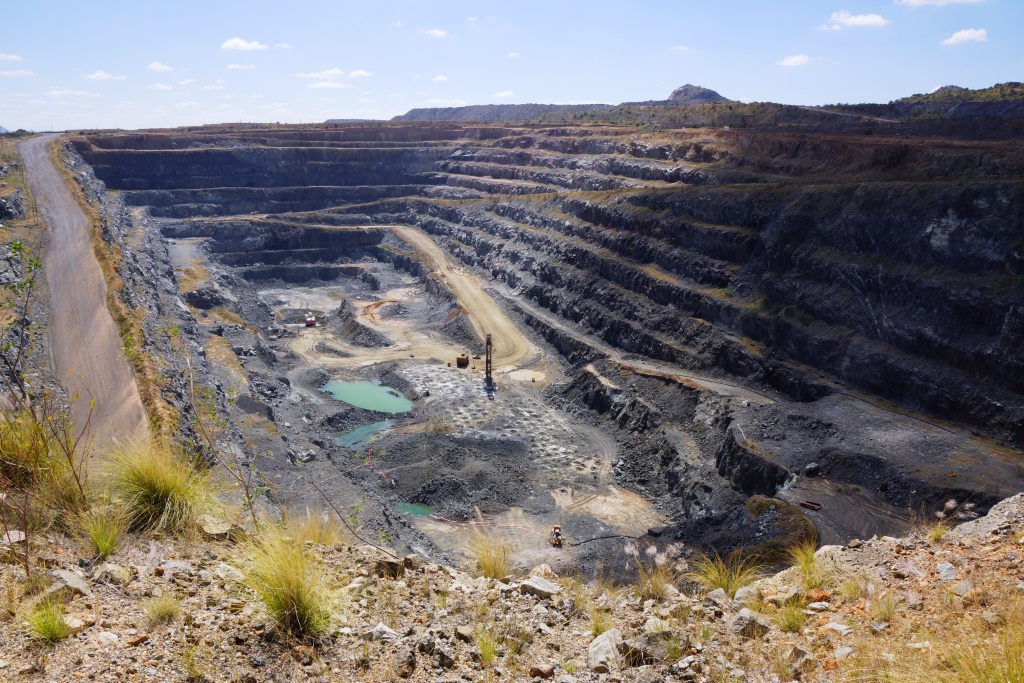Editor’s note: The following is from the chapter “Civilization and Other Hazards” of the book Deep Green Resistance: A Strategy to Save the Planet . This book is now available for free online.
by Aric McBay
Cheap oil undergirds every aspect of industrial society. Without oil, industrial farms couldn’t grow food, consumer goods couldn’t be transported globally, and superpowers couldn’t wage war on distant countries. Peak oil is already causing disruption in societies around the world, with cascading effects on everything from food production to the global economy.
Peak oil extraction has passed and extraction will decline from this point onward. No industrial renewables are adequate substitutes. Richard C. Duncan sums it up in his “Olduvai Theory” of industrial civilization. Duncan predicted a gradual per capita energy decline between 1979 and 1999 (the “slope”) followed by a “slide” of energy production that “begins in 2000 with the escalating warfare in the Middle East” and that “marks the all-time peak of world oil production.” After that is the “cliff,” which “begins in 2012 when an epidemic of permanent blackouts spreads worldwide, i.e., first there are waves of brownouts and temporary blackouts, then finally the electric power networks themselves expire.” 34 According to Duncan, 2030 marks the end of industrial civilization and a return to “global equilibrium”—namely, the Stone Age.
Natural gas is also near peak production. Other fossil fuels, such as tar sands and coal, are harder to access and offer a poor energy return. The ecological effects of extracting and processing those fuels (let alone the effects of burning them) would be disastrous even compared to petroleum’s abysmal record.
Will peak oil avert global warming? Probably not. It’s true that cheap oil has no adequate industrial substitute. However, the large use of coal predates petroleum. Even postcollapse, it’s possible that large amounts of coal, tar sands, and other dirty fossil fuels could be used.
Although peak oil is a crisis, its effects are mostly beneficial: reduced burning of fossil fuels, reduced production of garbage, and decreased consumption of disposable goods, reduced capacity for superpowers to project their power globally, a shift toward organic food growing methods, a necessity for stronger communities, and so on. The worst effects of peak oil will be secondary—caused not by peak oil, but by the response of those in power.
Suffering a shortage of fossil fuels? Start turning food into fuel or cutting down forests to digest them into synthetic petroleum. Economic collapse causing people to default on their mortgages? Fuel too expensive to run some machines? The capitalists will find a way to kill two birds with one stone and institute a system of debtors prisons that will double as forced labor camps. A large number of prisons in the US and around the world already make extensive use of barely paid prison laborers, after all. Mass slavery, gulags, and the like are common in preindustrial civilizations. You get the idea.
Industrial civilization is heavily dependent on many different finite resources and materials, a fact which makes its goal of perpetual growth impossible. In particular, certain metals are in short supply. 35 Running out of cheap platinum wouldn’t have much ecological impact. But shortages of more crucial minerals, like copper, will hamper industrial society’s ability to cope with its own collapse. Severe shortages and high prices will worsen the social and ecological practices of mining companies (bad as they are now). These shortages would also represent a failure of industrial civilization’s fundamental and false promise to expand and bring its benefits to all people in the world. According to one study, upgrading the infrastructure in the “developing world” to the status of the “developed world” would require essentially all of the copper and zinc (and possibly all the platinum) in the earth’s crust, as well as near-perfect metal recycling. 36
Featured image: Mogolokwena Platinum Mine, South Africa
